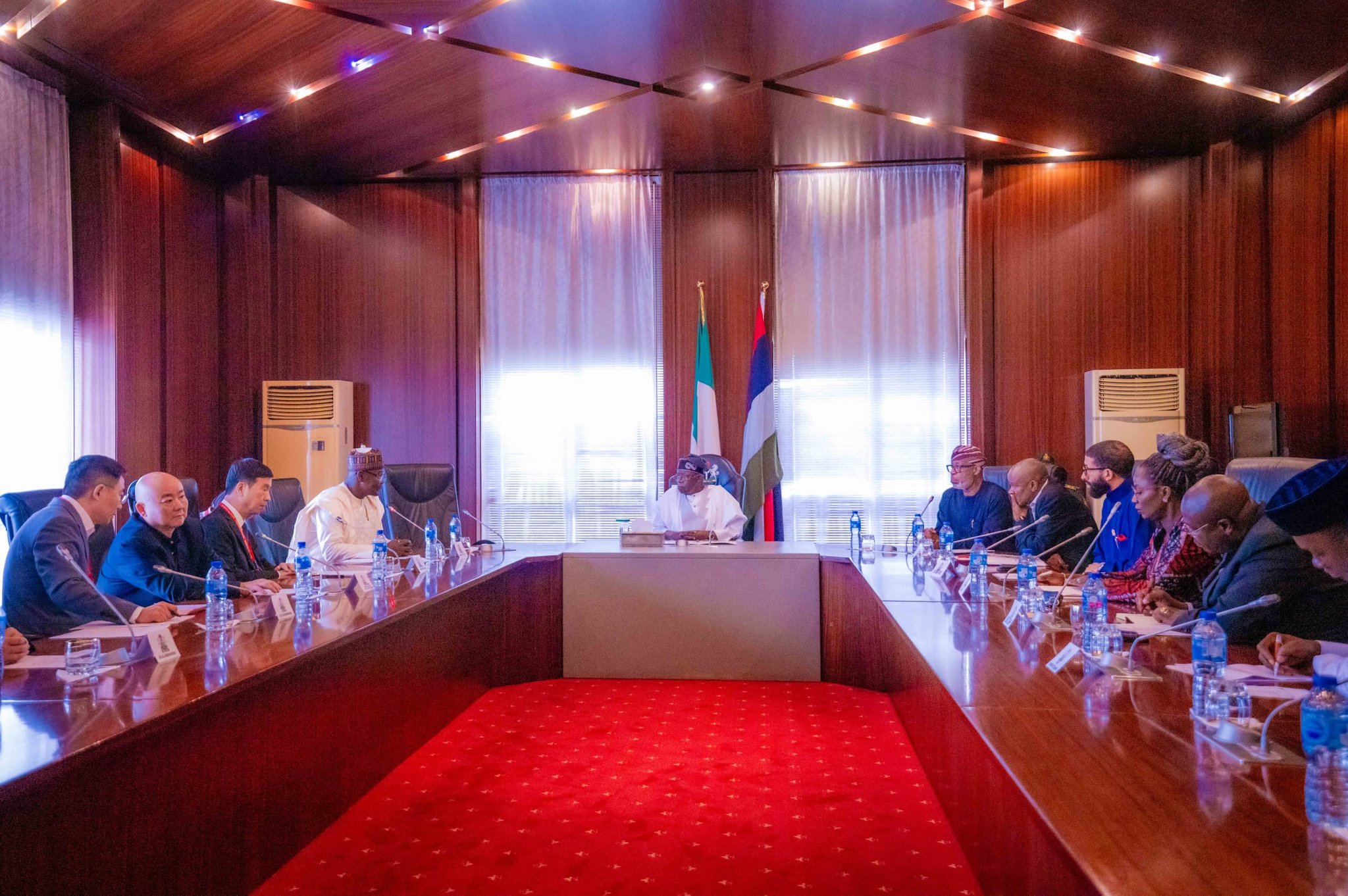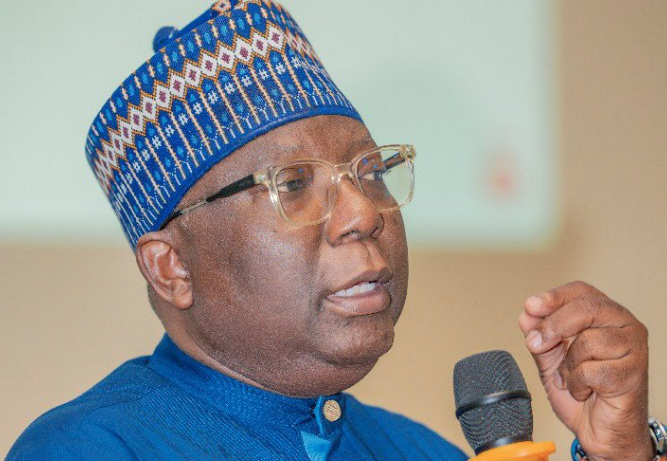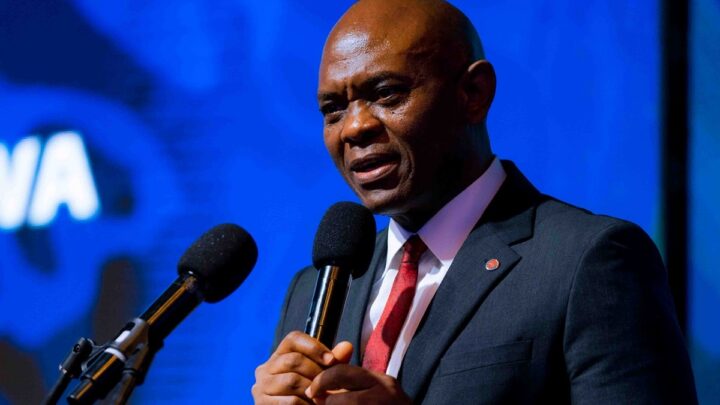L-R: Biodun Onalaja, Special Assistant to the Minister for Budget and National Planning; Habiba Ahut Daggash, Senior Associate, Rocky Mountain Institute; Abdulqadir Oladapo, Infrastructure Finance Portfolio Management Lead, UK Nigeria Infrastructure Advisory Facility; Olumide Abimbola, Executive Director, Africa Policy Research Institute.
The Africa Policy Research Institute (APRI) says Nigeria’s climate financing is far below what is needed for a just energy transition.
According to a statement issued on Wednesday, Olumide Abimbola, APRI executive director, spoke during a high-level stakeholder meeting jointly organised by the Enzi Ijayo Africa Initiative.
The event which held on Monday, focused on how to unlock the required level of climate financing to enable Nigeria meet its economic growth targets, while keeping its carbon emissions low.
“We know that climate change is already inflicting immense damage on lives and livelihoods, often to the people who have the least capacity to adapt to its effects, such as those in Africa,” Abimbola said.
Advertisement
“In Nigeria, to be specific, the six years between 2012 and 2018 witnessed severe weather events in the form of floods and droughts that cost the country over $31 billion.”
Abimbola applauded Nigeria’s climate adaptation efforts, citing the updated nationally determined contributions (NDCs) submitted to the United Nations Framework Convention for Climate Change (UNFCCC), the passage of the Climate Change Act, and the establishment of the National Council on Climate Change.
However, the APRI executive director said more is required.
Advertisement
“In 2023, Nigeria received only $2 billion in climate financing, which is only a fraction of what is needed in the energy sector alone, not to mention for a climate transition across the entire economy,” he said.
“For us to do this, we need to reflect internally and evaluate actionable pathways for Nigeria’s low net emissions growth.
“We also need to ask ourselves critical questions, such as: is Nigeria doing the right things the right way; should we be looking to design more flexible strategies in the short-, medium- and long-term; and how do we ensure that key civil society voices are part of the discussion and implementation.”
Atiku Bagudu, minister for budget and national planning, said a challenging fiscal environment and short-term priorities have affected funding for the energy transition.
Advertisement
“Despite this, this administration led by President Bola Ahmed Tinubu has consistently prioritised the mainstreaming of climate action, such as the inclusion of a N130 billion energy transition fund in the 2024 budget and the implementation of the Presidential Compressed Natural Gas Initiative,” Bagudu, who was represented by Bolaji Onalaja, his special assistant, said.
Bagudu said the event was timely because Nigeria needs support to provide evidence-based research.
He added that the country will continue to leverage international networks and relationships for donor support, while catalysing private sector funding.
Advertisement
Add a comment






